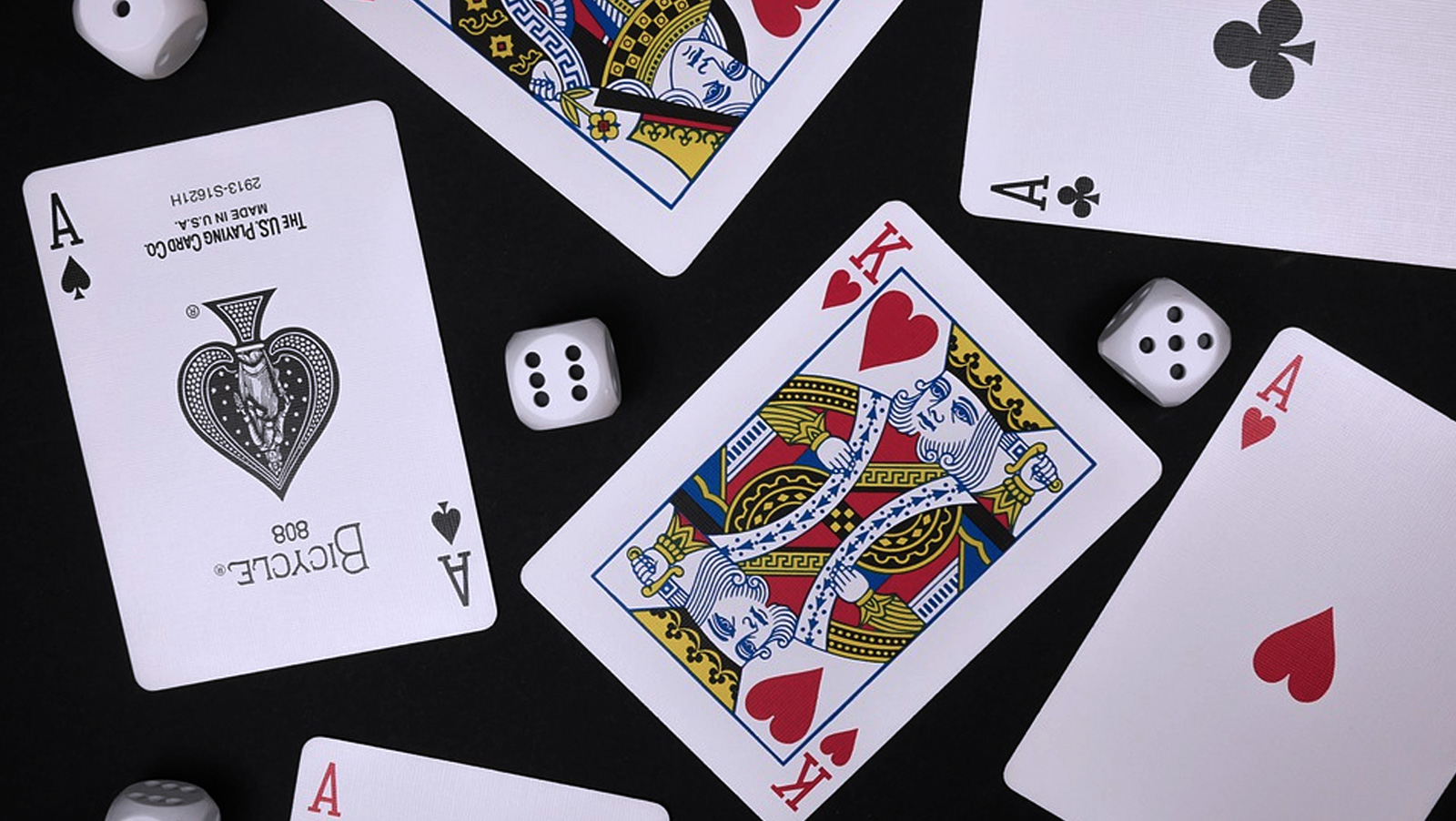 Macau’s gaming regulator is taking a step forward in providing better protection for gamblers’ personal data. Just like jurisdictions across the globe, most notably the European Union and its General Data Protection Regulation (GDPR), Macau’s Gaming Inspection and Coordination Bureau (DICJ, for its Portuguese acronym), has now implemented a new policy that restricts the amount of data that can be given from gambling operators, including “gaming activities or operations, including customer personal data.”
Macau’s gaming regulator is taking a step forward in providing better protection for gamblers’ personal data. Just like jurisdictions across the globe, most notably the European Union and its General Data Protection Regulation (GDPR), Macau’s Gaming Inspection and Coordination Bureau (DICJ, for its Portuguese acronym), has now implemented a new policy that restricts the amount of data that can be given from gambling operators, including “gaming activities or operations, including customer personal data.”
The Macau News Agency explains that all casino, gaming operators and junkets are to comply with the new rules, which prevent data from being shared with any outside entity, whether that entity is inside Macau or not. The DICJ asserts that any data related to the gambler or his or activities and any data related to casino operations or activities is off-limits, “including but not limited to the personal data, place of origin or nationality, profession or the gambling clients’ activity and other information such as their representatives or accompanying persons, the time of entry into and out of the casino or the gaming table, the amount of bets, the credit, the amount of the bet placed, the payment of prizes and the purchase and redemption of chips (tickets), slot machines tickets (tokens), etc.”
As opposed to the GDPR, which was designed to place tight controls over personal data, the DICJ’s solution doesn’t include an outright ban. Instead, it allows operators and promoters to share data only after being given permission to do so by the DICJ. That authorization may be provided when “the consent or power of attorney of the interested parties were obtained or are in compliance with the provisions of the [Macau] Personal Data Protection Act.” The DICJ adds, though, that authorization must be given for each individual request to share data.
Macau already has in place a framework that is very similar to the GDPR. The Personal Data Protection Act (PDPA) has been in place for years, but the DICJ wanted to make sure the companies it oversees had a clear handle on exactly how the industry would be governed.
Paulo Martins Chan, the director of the DICJ, is making strides to ensure that Macau’s gaming operators act in an ethical and legal manner. His dedication has paid off on a personal level, having received the 2019 Regulator of the Year Asia/Australasia award earlier this month from the International Masters of Gaming Law.
